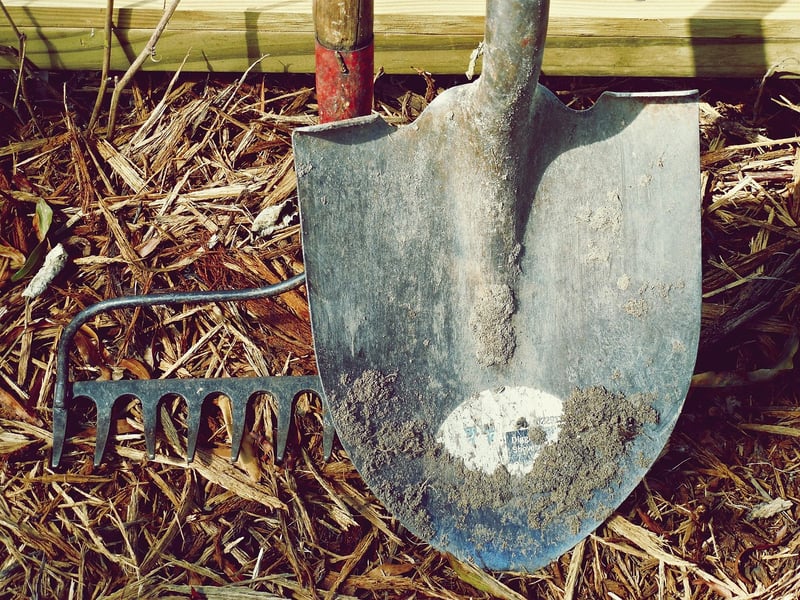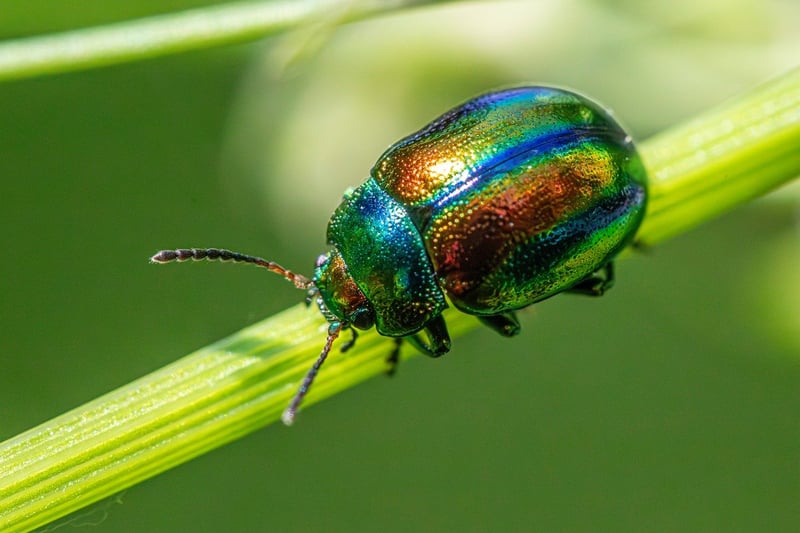Common Garden Pests
Managing Pests Naturally in Your Garden
Dealing with pests in your garden can be a common challenge for many gardeners. While chemical pesticides are an option, they can have harmful effects on the environment, beneficial insects, and even humans. Opting for natural pest control methods is not only safer but also more sustainable in the long run.
Benefits of Natural Pest Control
Natural pest control methods offer several advantages:
- Environmentally friendly
- Safe for beneficial insects
- Non-toxic to humans and pets
- Cost-effective
- Sustainable over time
Common Natural Pest Control Techniques
Here are some effective ways to manage pests naturally in your garden:
- Companion Planting: Planting certain flowers, herbs, or vegetables together to repel pests and attract beneficial insects.
- Biological Control: Introducing natural predators like ladybugs or praying mantises to control pest populations.
- Neem Oil: A natural insecticide that can help deter and kill common garden pests.
- Homemade Sprays: Creating DIY sprays using ingredients like garlic, chili peppers, or soap to repel pests.
- Row Covers: Using physical barriers like row covers to protect plants from pests.
Common Garden Pests
Identifying common garden pests is the first step in effectively managing them. Here are some of the most prevalent pests you may encounter:
- Aphids: Small, sap-sucking insects that can quickly multiply and damage plants.
- Slugs and Snails: These pests feed on plant leaves and can be particularly destructive in moist environments.
- Caterpillars: Larval stage of moths and butterflies that can munch on foliage and flowers.
- Whiteflies: Tiny insects that feed on plant sap and can cause yellowing and wilting of leaves.
- Spider Mites: Minuscule pests that suck plant juices, leading to stippled leaves and webbing.
By understanding these common pests and implementing natural pest control methods, you can protect your garden without harming the ecosystem. Embracing natural solutions not only fosters a healthier garden but also contributes to a more sustainable environment.

Remember, a diverse and well-balanced ecosystem in your garden is key to keeping pest populations in check. With a bit of knowledge and dedication, you can create a thriving garden that coexists harmoniously with nature.
